Peace and justice are two sides of the same coin
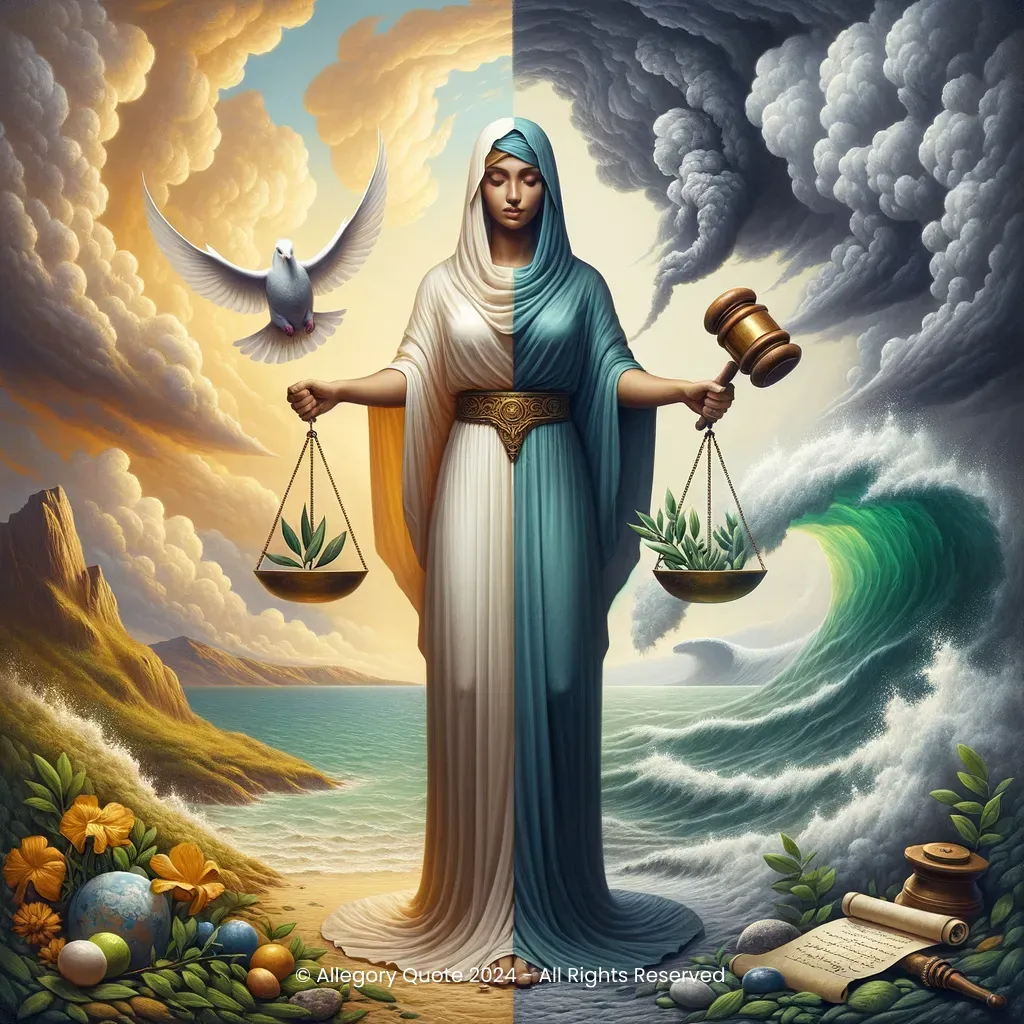
0
0
0
0
- Meaning
- This phrase suggests that peace and justice are intimately connected; one cannot exist without the other. In other words, achieving peace normally requires justice to be served, and achieving justice often leads to lasting peace. Philosophically, it underscores the balance and mutual reinforcement of ethical and social stability (peace) and fairness (justice).
- Allegory
- The central figure in the image represents an ideal of balance and harmony, personifying the interconnectedness of peace and justice. The balanced scale held by the figure is a classic symbol of fairness and impartiality. The serene, lush landscape symbolizes the peace that emerges from just actions, while the tumultuous, stormy sea represents the chaos that justice can quell. The dove and olive branch are universal symbols of peace, while the gavel and scroll represent the legal and ethical aspects of justice. The interplay of light and shadow emphasizes the nuanced relationship where peace illuminates life when justice prevails, and justice brings order amidst chaos.
- Applicability
- This phrase can be applied to numerous real-life situations, particularly in conflict resolution contexts. For instance, in a community facing internal strife, advocating for fair treatment of all parties and addressing grievances can lead to harmonious coexistence. Similarly, on a global scale, peace treaties and diplomatic efforts are often more successful when they incorporate justice, ensuring that all sides have their rights and needs acknowledged.
- Impact
- This phrase has significantly impacted societal approaches to conflict resolution, legal reform, and international diplomacy. It has inspired movements for social justice and influenced legal frameworks that aim to create a fairer and more peaceful world. It is often quoted in speeches by leaders and activists who advocate for systemic changes to achieve both justice and peace.
- Historical Context
- The phrase likely gained prominence in the mid-20th century, particularly during the civil rights movements and post-World War II reconstruction efforts. It fits within the larger narrative of human rights and international diplomacy, where ensuring justice became recognized as a key component to maintaining lasting peace.
- Criticisms
- Critics might argue that the idea oversimplifies complex social and political issues. They could contend that achieving justice does not automatically lead to peace, citing examples where the pursuit of justice has escalated conflicts. Additionally, some might say that in certain situations, peace might need to be prioritized over immediate justice to prevent further bloodshed.
- Variations
- Variations of this phrase exist across different cultures, often emphasizing the symbiotic relationship between fairness and order. For example, in Islamic tradition, peace (Salaam) is deeply intertwined with the concept of justice (Adl), and similarly, many Eastern philosophies incorporate the harmony between law (Dharma) and societal peace.
-

Ask not what your country can do for you – ask what you can do for your country.
-
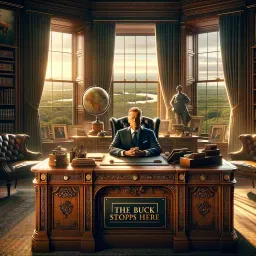
The buck stops here.
-
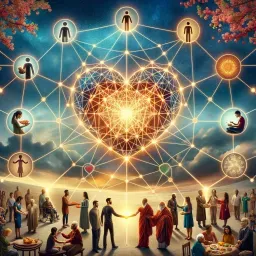
Do unto others as you would have them do unto you.
-
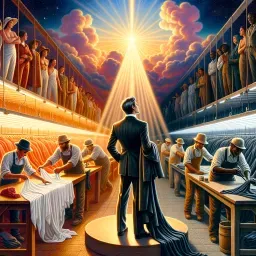
I pity the man who wants a coat so cheap that the man or woman who produces the cloth will starve in the process.
-
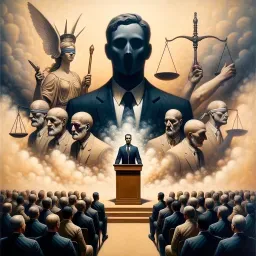
I am not a crook.
-

The only thing we have to fear is fear itself.
-
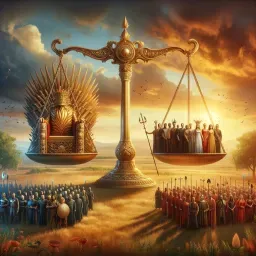
Power tends to corrupt, and absolute power corrupts absolutely.
-
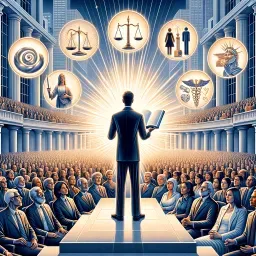
A public office is a public trust.
-

Sometimes the right path is not the easiest one.
-

We are our choices.
No Comments